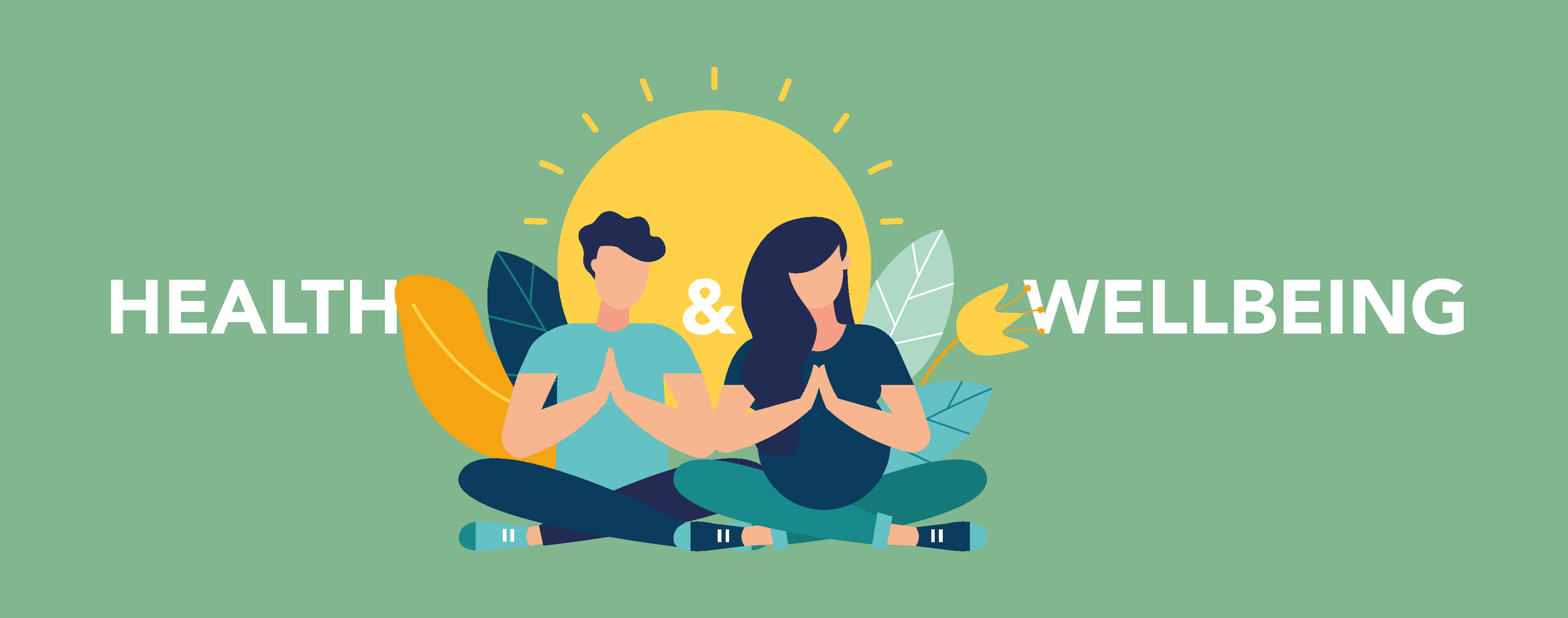Health & Wellbeing

Screen Time for Kids
As young children grow and develop, they need more time in active play, less time sitting and enough sleep each day to be healthy. Time away from screens is time they can be active and build social skills. After all, our bodies aren’t designed to sit for long periods – we need to move to stay healthy. Small changes in screen time habits can benefit a child’s physical, social, psychological and cognitive development. Plus, making changes together can help the whole family have healthier screen use, including parents.
What is screen time?
Screen time is spending time in front of a:
- computer
- game
- mobile or smartphone
- tablet or iPad
- TV
How much screen time is too much?
For healthy development, the Australian government guidelines recommend:
- babies and toddlers under 2 have no screen time
- pre-schoolers aged 2 to 5 have no more than 1 hour per day
- children aged 5 to 17 have no more than 2 hours per day (not counting school activities)
Why is too much screen time a problem?
Research shows that too much screen time can affect children’s health and development in many ways.
Social, emotional and cognitive
- Difficulty with social skills and relationship building, for example between children and their parents
- Reduced motivation and self-esteem
- Cognitive development – screens can distract children from exploration and play
- Exposure to inappropriate content can impact future behaviour
Physical
- Disrupted sleep due to exposure to blue light
(learn more about the effects of screens on sleep) - Language delays and reduced verbal interactions
- Not getting enough physical activity which can lead to obesity
- Problems with eyesight development as a result of a lack of sunlight
- More likely to snack on unhealthy foods and not eat enough fruit and veggies
Tips to help reduce screen time for the whole family
Establishing positive routines and habits early can make it easier to manage your family’s screen time in the long run. Here are some ideas to get you started.
Establish rules and routines
Start by encouraging no screens at meal times or in the bedroom. Help to reinforce the rules by eating together as a family without screens and restricting screens before bed.
Break up and limit screen time
Try setting a timer for 20-30 minutes (give a 5 minute warning before time is up).
Work towards screen-free days
Start by replacing just half an hour of screen time with activities you can do as a family. You could even come up with a reward system for spending less time on screens as a positive incentive to reduce screen time.
Break the habit out of the home
When going out, consider taking toys and books instead of screens.
Be a role model
Demonstrating positive habits yourself can influence the whole family's relationship to screens.
Mental Health changes over time in response to different stresses and experiences. Many factors, both internal and external, affect where someone generally sits on the mental health continuum and where they sit at any given point in time.
Remember to reach out to your support networks if unexpected thoughts or feelings arise. Professional support is always available when you need it.
NDIS Funding
The NDIS provides funding to eligible people with disability to gain more time with family and friends, greater independence, access to new skills, jobs, or volunteering in their community, and an improved quality of life.
The NDIS also connects anyone with a disability to services in their community.
This includes connections to doctors, community groups, sporting clubs, support groups, libraries and schools, as well as providing information about what support is provided by each state and territory government.
The NDIS now supports over 500,000 Australians with disability to access the services and support they need.
This includes supporting approximately 80,000 children with developmental delay, ensuring they receive support early so that they achieve the best outcomes throughout their lives.
How to apply for NDIS Funding
At PSPS, we value community input.
If you would like to make a suggestion on what you would like included in the Health and Wellbeing page, please email using the link here ...





